Articles
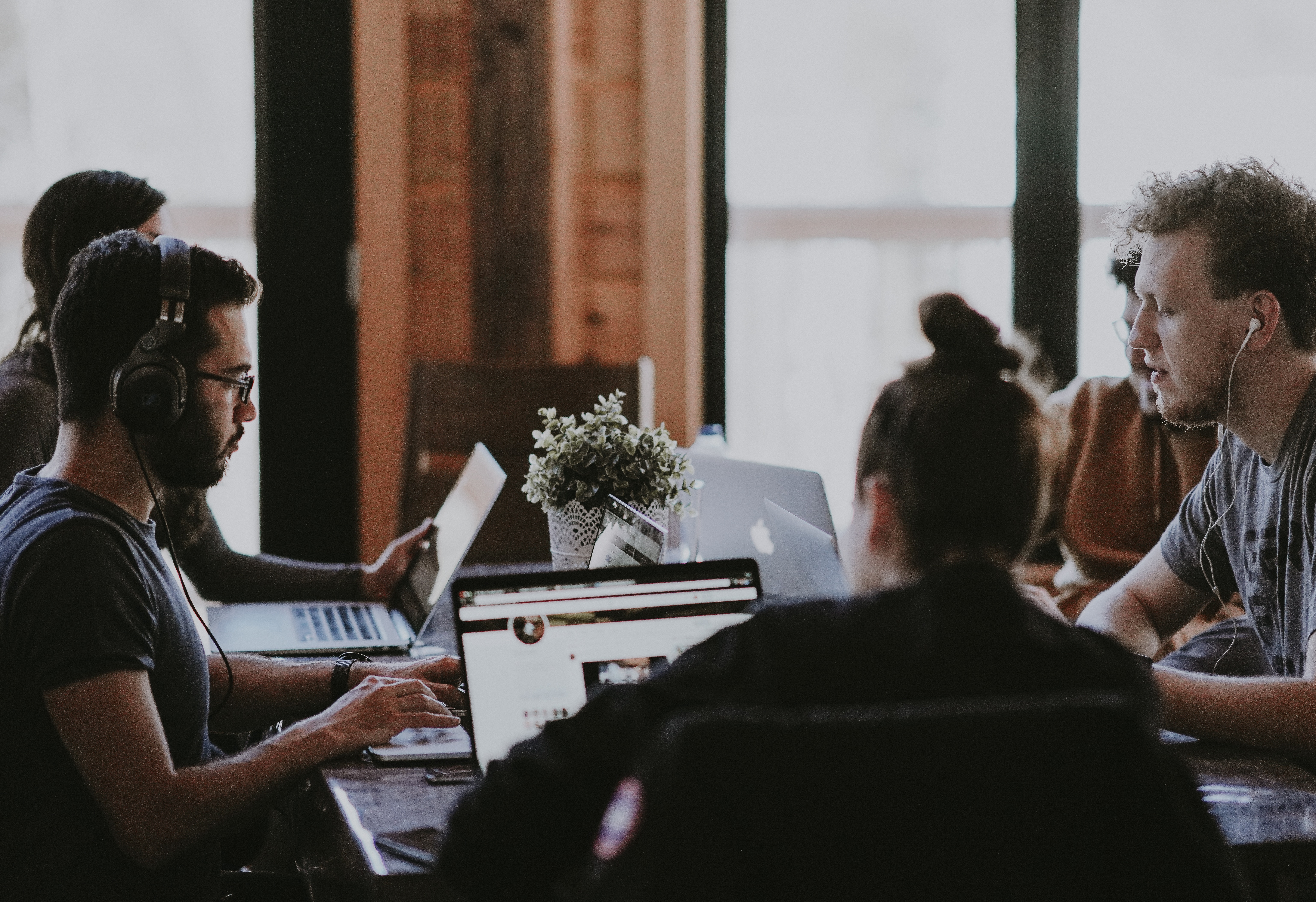
The Economy Is Plunging into Labor Market Abyss
In recent years and in many countries, the labor market has faced a series of shocks that have added to long-term transformations. The combination of these shocks changes the relationship between the employee and the employer. These changes, the spreading of non-standard forms of employment, the situation on the Russian job market, the gap between labor supply and demand, and the causes and consequences of the increasing number of job openings and low unemployment were discussed at the NES Educational Days by NES Professor Irina Denisova, economist Vladimir Gimpelson and HeadHunter CEO Dmitry Sergienkov. GURU summarizes below the main points of their public talk, which was moderated by NES Rector Anton Suvorov.

Who Is Not a Good Fit for Remote Work
The Covid-19 pandemic has had a huge impact on the economy. One of its main and long-term consequences is the transition to a remote work format. Experts continue to analyze this phenomenon, trying to identify the impact on areas that are not obvious at first glance, for example consumer behavior and career prospects. (Spoiler: remote work is the least suitable for young people who love freedom so much.)
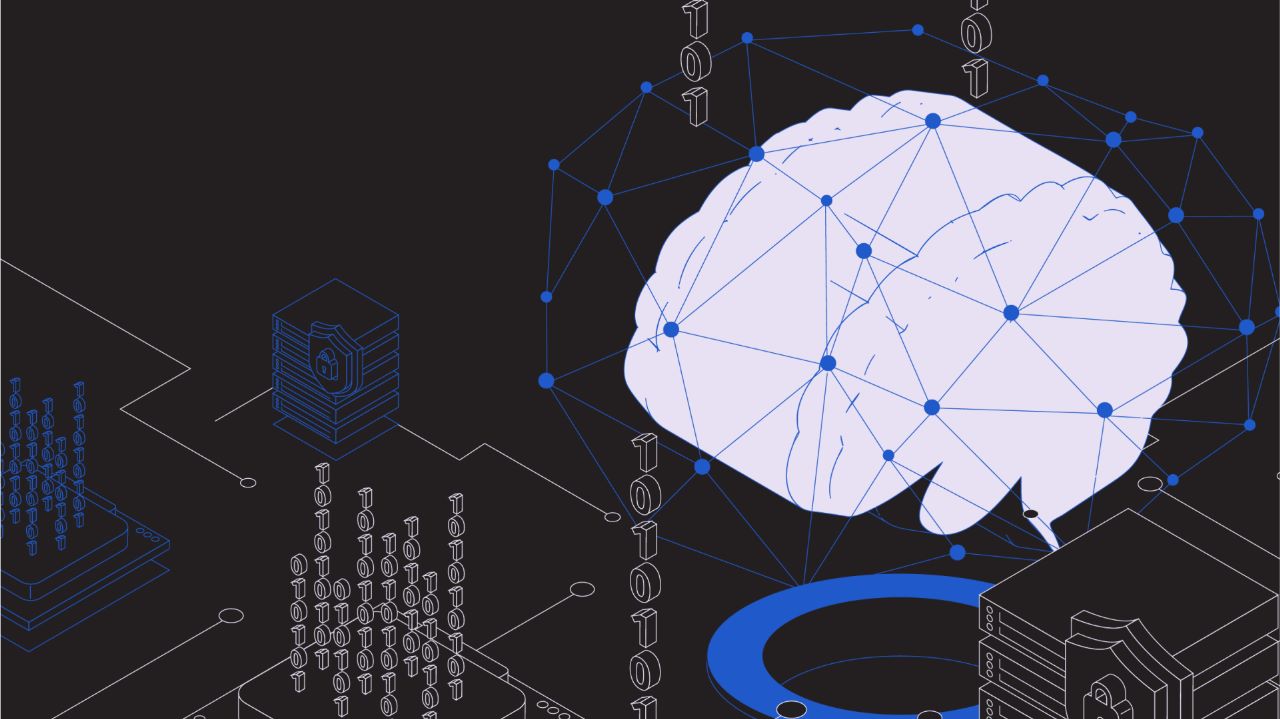
How AI Helps People Become Researchers and Startup Founders
The new wave in the development of artificial intelligence and machine learning has made them much more accessible. How can they help business operations and in academia, how are they changing our education system and the labor market, how will they affect the data analysis industry, and why is the demand for intermediaries growing? These questions were discussed at the NES Popular Science Days by Ivan Stelmakh, NES Professor, and the School’s graduates, Daria Levina, Strategy and Operations Manager at DataGPT (Canada), and Stanislav Mazurenko, Team Lead, AI in Protein Engineering at Masaryk University (Czech Republic). GURU summarizes the main arguments of the discussion.

The Legacy of Robert Solow
Robert Solow, the author of the famous model of economic growth and one of the most renowned economists, a student of Nobel laureate Wassily Leontief and a teacher of many Nobel laureates, passed away on December 21, 2023. Konstantin Egorov, a Visiting Professor at the Einaudi Institute for Economics and Finance and NES graduate, recalls his great legacy in a column for GURU. Solow's models were so simple that they do not even need to be simplified to be retold, he notes, and yet modern researchers of growth not only follow in Solow's footsteps, but also work solely with his residual.

How to Make a Career Pivot: from MBA to Startup
The labour market is changing rapidly, requiring its participants to adapt their strategies. But it is often more difficult for those who have already achieved certain success to decide to change something in their careers. These people usually ask themselves why they should take risks and drop the strategy that has brought results. How to prepare for changes, assess the risks and opportunities of a career pivot, and choose the training that will become a career driver? NES graduates Ruslan Karmannyi, a finance and technology innovator, and Gayane Simonyan, an MBA student at MIT, as well as Lyudmila Orzhekhovskaya, an expert with 20 years of experience in recruitment, discussed these topics in an episode of the “Economics out Loud” podcast. They also shared several options for changing the career track, one of which is launching a startup. GURU brings together the main ideas of the discussion.
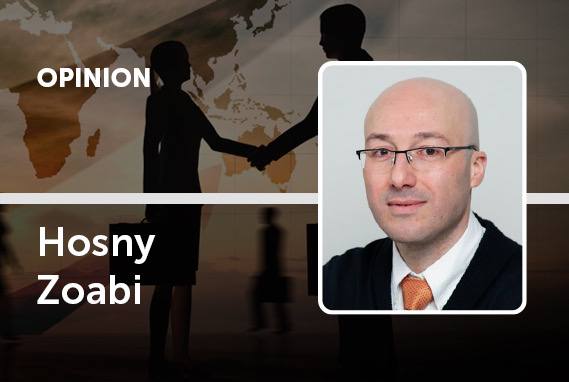
A note about the 2023 Nobel Prize in Economics
The Royal Swedish Academy of Sciences awarded the Sveriges Riksbank Prize in Economic Sciences in Memory of Alfred Nobel 2023 to Claudia Goldin of Harvard University for her contribution to understanding women’s labour market outcomes. In a column for GURU, NES Professor Hosny Zoabi talks about her findings and research that is sometimes compared to detective work in terms of their thoroughness and surprising insights.
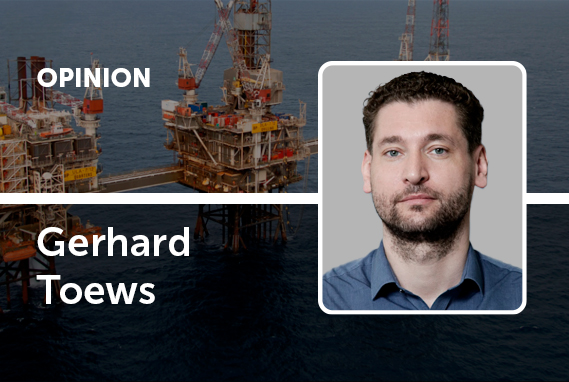
Why we should reduce our insatiable thirst for oil
“The Stone Age did not end because the world ran out of stones, and the Oil Age will not end because we run out of oil,” the legendary Minister of Petroleum and Mineral Resources of Saudi Arabia Ahmed Zaki Yamani once said. Indeed, it is highly unlikely that we will run out of oil and we should not expect it. Then why should we reduce our consumption of inexhaustible non-renewable resources? NES Professor Gerhard Toews explains in his column for GURU.
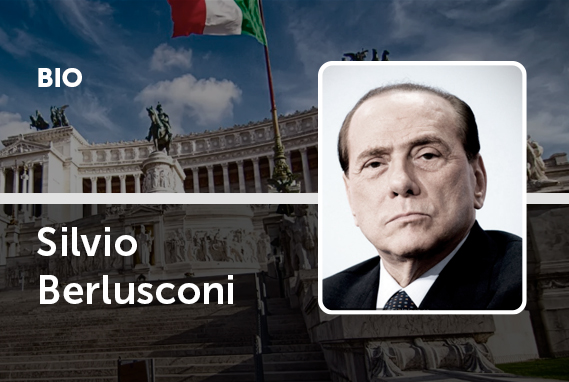
What Lessons Can Be Learned from Silvio Berlusconi's Political Career
This September 29, Silvio Berlusconi would have celebrated his 87th birthday. In a column for GURU, NES Professor Michele Valsecchi recalls his career and talks about the heritage he left. How could succeed so quickly upon entering politics? Does it look like his entry benefited Italians? Did he leave a mark in international politics? Do we see other Berlusconi-like politicians in current politics? Professor Valsecchi answers these questions in his column.
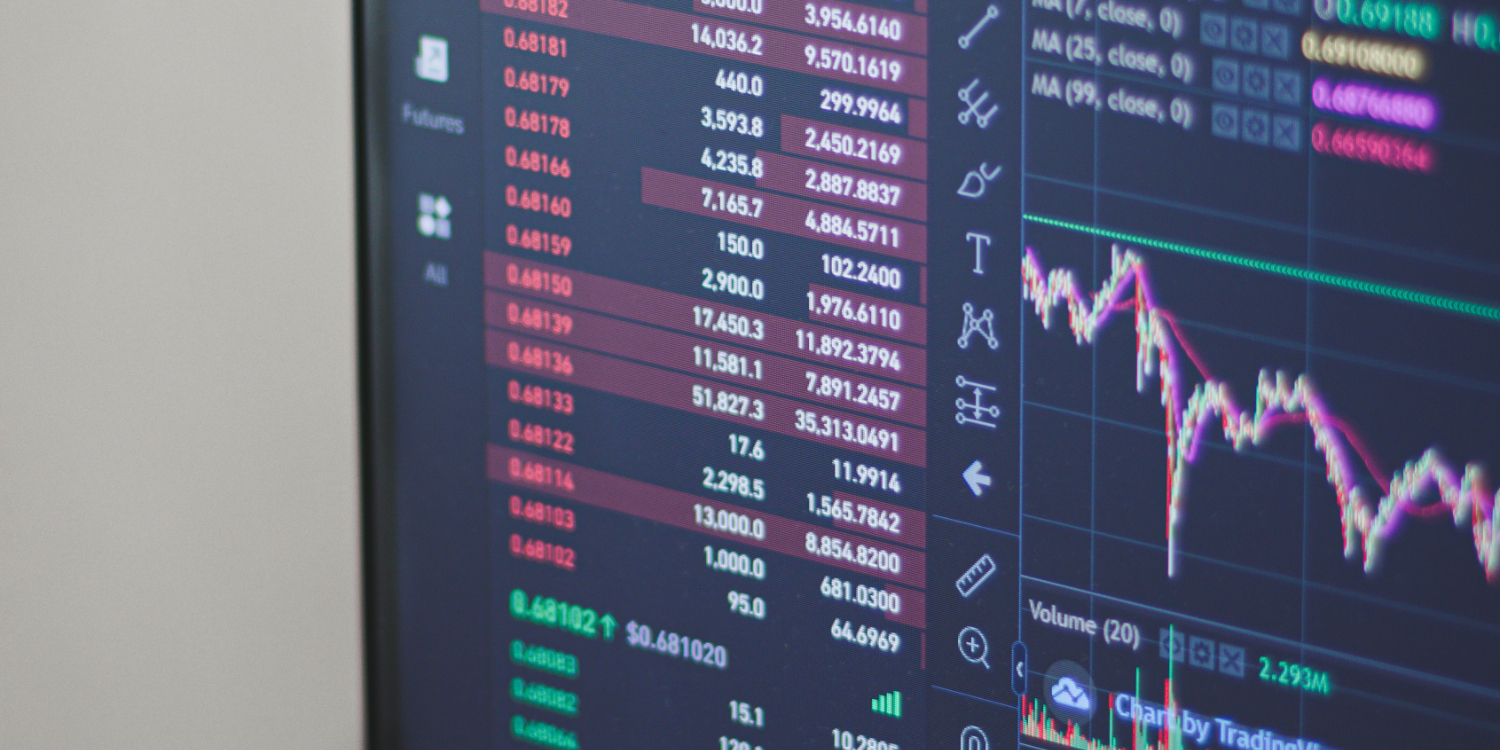
Can Investors Ride the Market Waves?
What myths do markets generate and what mistakes do investors make under their influence? Dmitry Muravyev, a professor at Michigan State University and NES graduate, discussed these questions in an episode of the "Economics out Loud" podcast. Just before it was recorded, the continuos rally at the US stock market was interrupted: August proved its reputation of being one of the worst months of the year, and the market turned bearish. Is it possible to predict a decline after such growth? And is it worth trying to seize the moment and try to enter and exit the market on time? GURU shares a summary of the podcast episode.

How to facilitate the route to a PhD?
What are the options after graduating from a university? Enrolling in further study is one of the choices. Tatul Ayrapetyan and Alexandra Snegireva, graduates of NES’s “Masters of Arts in Economics” Program, opted for it. They will continue their studies at the PhD programs of the Stanford Graduate School of Business and the University of Michigan, respectively. They talked to Anastasia Nebolsina, a graduate of the NES and HSE Joint Bachelor of Arts in Economics Program, about their experience of entering postgraduate studies – from choosing a certain track to career choices after completing the PhD.
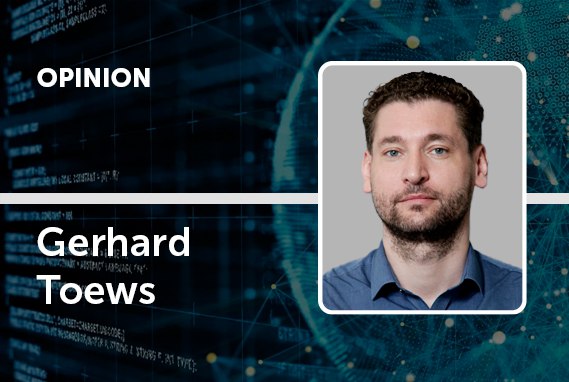
How Data Deceives Us, and Theories Let Us down
The confidence revolution has dramatically improved the quality of economic and political decisions. Hypotheses and theories can now be supported or refuted by data. In a column for GURU, NES Professor Gerhard Toews talks about the data-related opportunities that have recently opened up – and that are not always made use of.
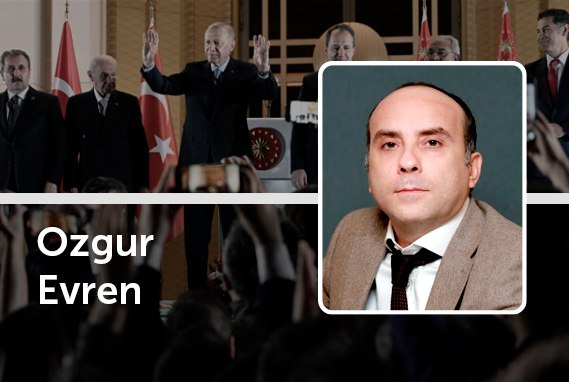
On Erdogan’s Journey
In his column for GURU, NES Professor Ozgur Evren talks about the recent presidential elections in Turkey, discusses the results of Erdogan's rule and shares some expectations from his new presidency.

.png)








